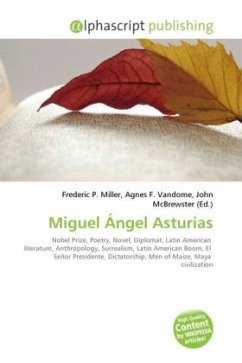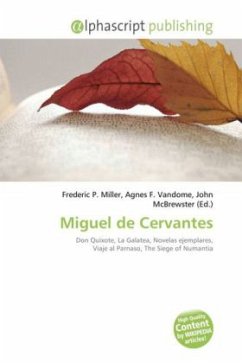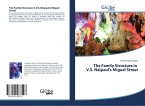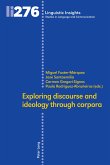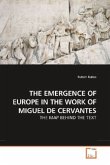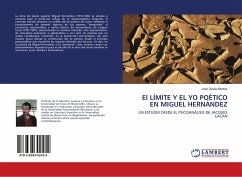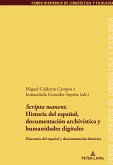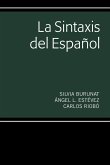Miguel Ángel Asturias Rosales (October 19, 1899 June 9, 1974) was a Nobel Prize winning Guatemalan poet, novelist, and diplomat. Asturias helped establish Latin American literature's contribution to mainstream Western culture, and at the same time drew attention to the importance of indigenous cultures, especially those of his native Guatemala. Asturias was born and grew up in Guatemala, but spent significant time abroad, first in Paris in the 1920s, where he studied anthropology and Indian mythology. Many scholars[who?] view him as the first Latin American novelist to show how the study of anthropology and linguistics could affect the writing of literature. While in Paris, Asturias also associated with the Surrealist movement, and he is credited with introducing many features of modernist style into Latin American letters. In this way, he is an important precursor of the Latin American Boom of the 1960s and 1970s. One of Asturias' most famous novels, El Señor Presidente, describes life under a ruthless dictator. Asturias' very public opposition to dictatorial rule led to him spending much of his later life in exile, both in South America and in Europe.
Bitte wählen Sie Ihr Anliegen aus.
Rechnungen
Retourenschein anfordern
Bestellstatus
Storno

